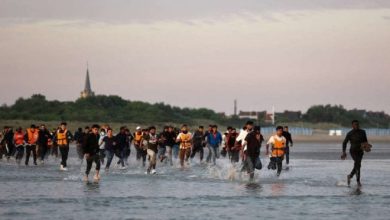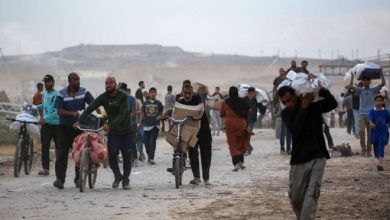Netanyahu’s Government Faces Internal Struggles Over Gaza Ceasefire Deal
Israeli Delegation in Doha for Technical Talks Amid Concerns Over Netanyahu's Intentions.
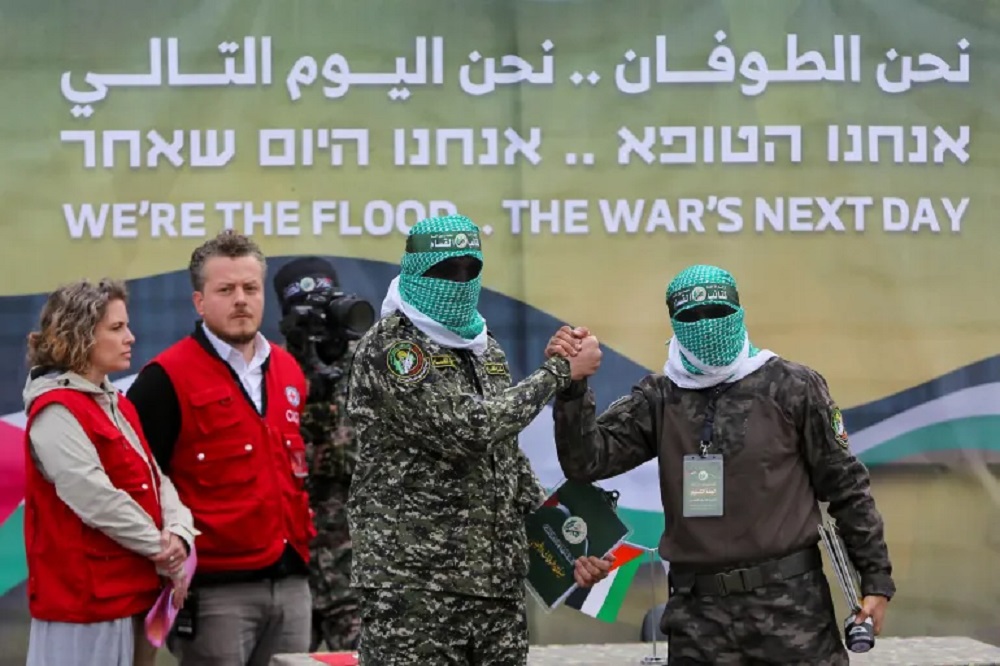
Watan-Omer Dostri, the spokesperson for Israeli Prime Minister Benjamin Netanyahu, said on Sunday that the Israeli delegation had arrived in the Qatari capital, Doha, to hold talks regarding a ceasefire agreement in Gaza between the Islamic Resistance Movement (Hamas) and Israel.
The Israeli Broadcasting Authority reported that the Israeli delegation would negotiate only technical matters related to the first phase of the deal. The delegation includes the Coordinator for Prisoners and Missing Persons, Gal Hirsch, and the Deputy Head of the Shin Bet (Israel’s internal security agency), who joined at Netanyahu’s request.
Israeli Delegation and Political Sensitivities Over Ceasefire Talks
Israeli political sources stated that negotiations with Hamas over the second phase of the deal could not begin, as doing so might lead to the collapse of the government coalition.
The Israeli Broadcasting Authority also reported that the Security Cabinet would convene on Tuesday or Thursday to discuss the second phase.
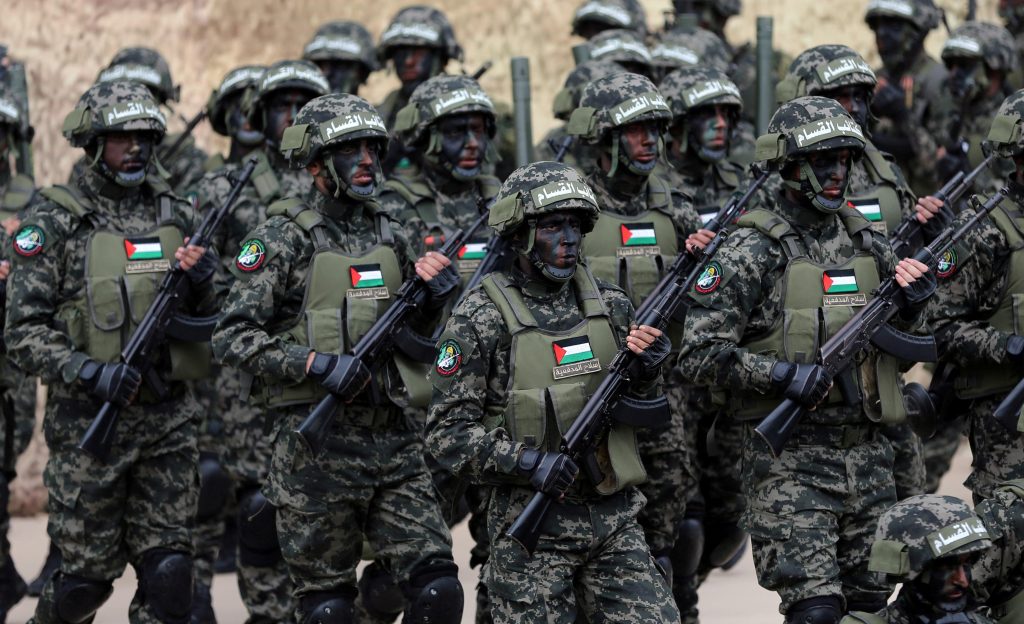
Netanyahu’s Obstruction
The Israeli newspaper Haaretz quoted Israeli sources as saying that Netanyahu might seek to create obstacles that would lead to the collapse of the prisoner exchange deal with Hamas.
It added that Netanyahu believes that the images of Israeli prisoners being released in Gaza had negative effects on public opinion polls, especially as right-wing voters perceived that Israel was not achieving victory over Hamas.
Haaretz confirmed that scenes of Hamas fighters and banners of Al-Qassam Brigades (Hamas’s military wing) make Netanyahu believe that his government will not survive if he completes the deal.
The newspaper also indicated that Hamas might not proceed with the deal if it senses that Netanyahu is deliberately obstructing it and will not move forward with the second phase.
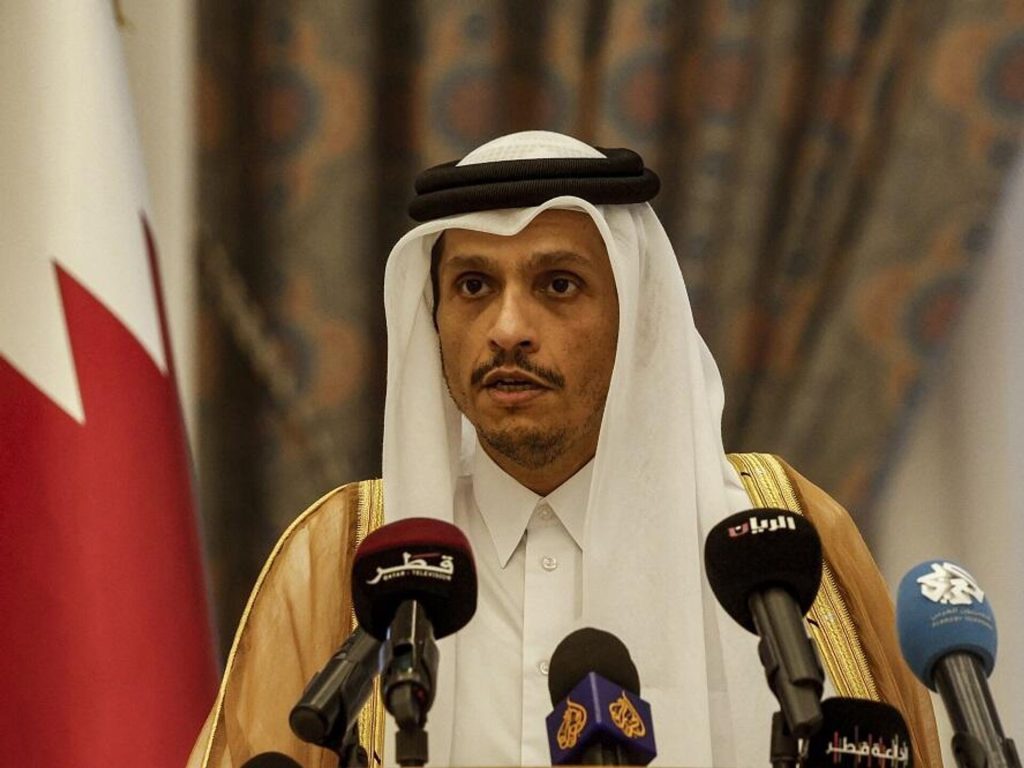
Technical Delegation
On Saturday evening, Netanyahu announced the dispatch of a delegation to Doha to meet with Qatari officials and conduct “technical talks” regarding the Gaza ceasefire agreement.
Earlier on Sunday, the Israeli Broadcasting Authority stated that the negotiation delegation was not authorized to discuss the second phase, as per the decision of the political leadership. It noted that the delegation’s mandate was solely to discuss the continuation of the first phase of the deal.
The authority confirmed that Netanyahu wishes to extend the first phase of the deal “for as long as possible.”
Destroying Hamas
In this context, the Israeli Makan channel quoted Finance Minister Bezalel Smotrich as saying that continuing the deal means keeping Hamas in power, which Israel will not allow. He stressed that the Israeli government would not be forced to make political concessions as part of the exchange deal.
Smotrich also stated that former U.S. President Donald Trump’s plan was “based on destroying Hamas and removing Palestinians from Gaza,” describing it as “a humanitarian solution.” He emphasized that Israel would continue working “firmly to bring back all captives without surrendering to Hamas.”
He added that he opposed the current exchange deal because “it is dangerous and includes the restoration of Hamas’s leadership and the release of murderers,” as he claimed. He stated that he would only support an exchange deal that ensures disarmament in Gaza and the destruction of Hamas.
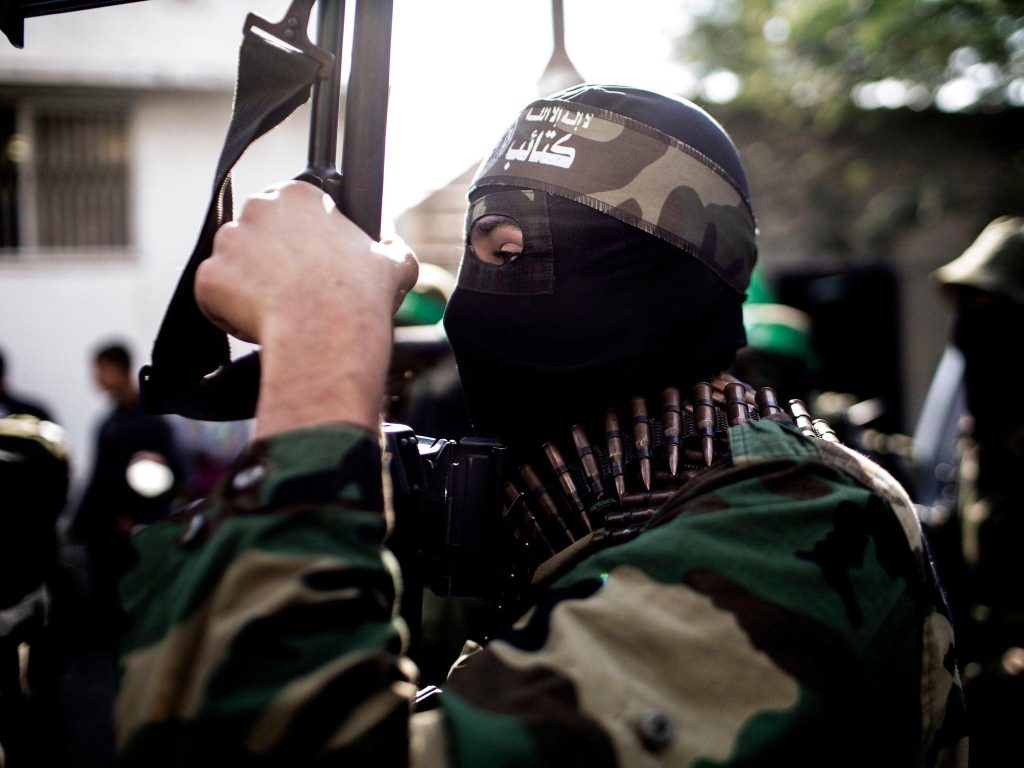
Netanyahu and Trump’s Vision
On another front, Netanyahu said that former U.S. President Donald Trump had introduced “a completely different vision regarding Gaza.” He added that it was “a much better vision for the State of Israel, a revolutionary and creative vision, and we are discussing it. Trump is very determined to implement it, which opens up many opportunities for us.”
The Israeli prime minister described his discussions with Trump as “yielding great achievements that can guarantee Israel’s security for future generations.” He stated that his government was enforcing the ceasefire but that doing so required “strong action to impose it, and we are doing this in both the south and the north.”
Netanyahu also revealed that he had given instructions “to ensure that no one approaches the security zone,” adding, “We will implement the agreement firmly and expect Hamas to fulfill its commitments.”
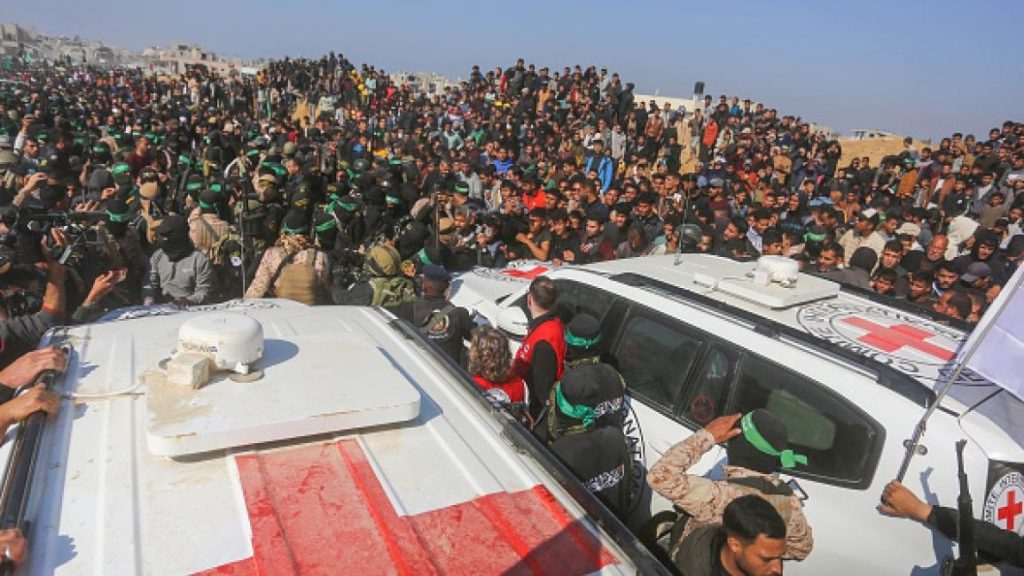
The second phase of the agreement was originally scheduled to be discussed last Monday, on the 16th day of the ceasefire. However, Haaretz quoted an unnamed member of Netanyahu’s delegation to Washington as saying that Netanyahu would not commit to implementing the second phase of the deal without first eliminating Hamas.



